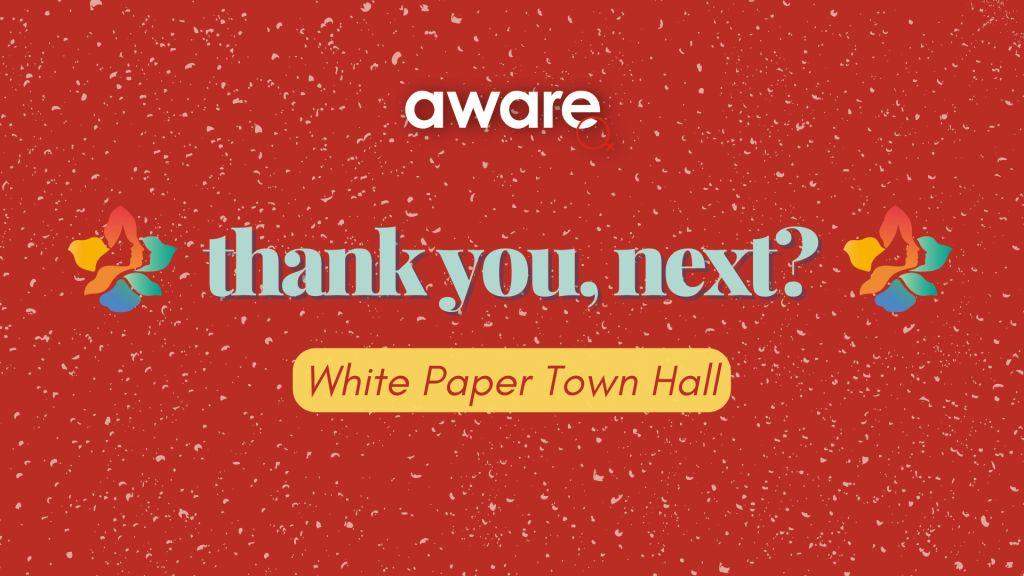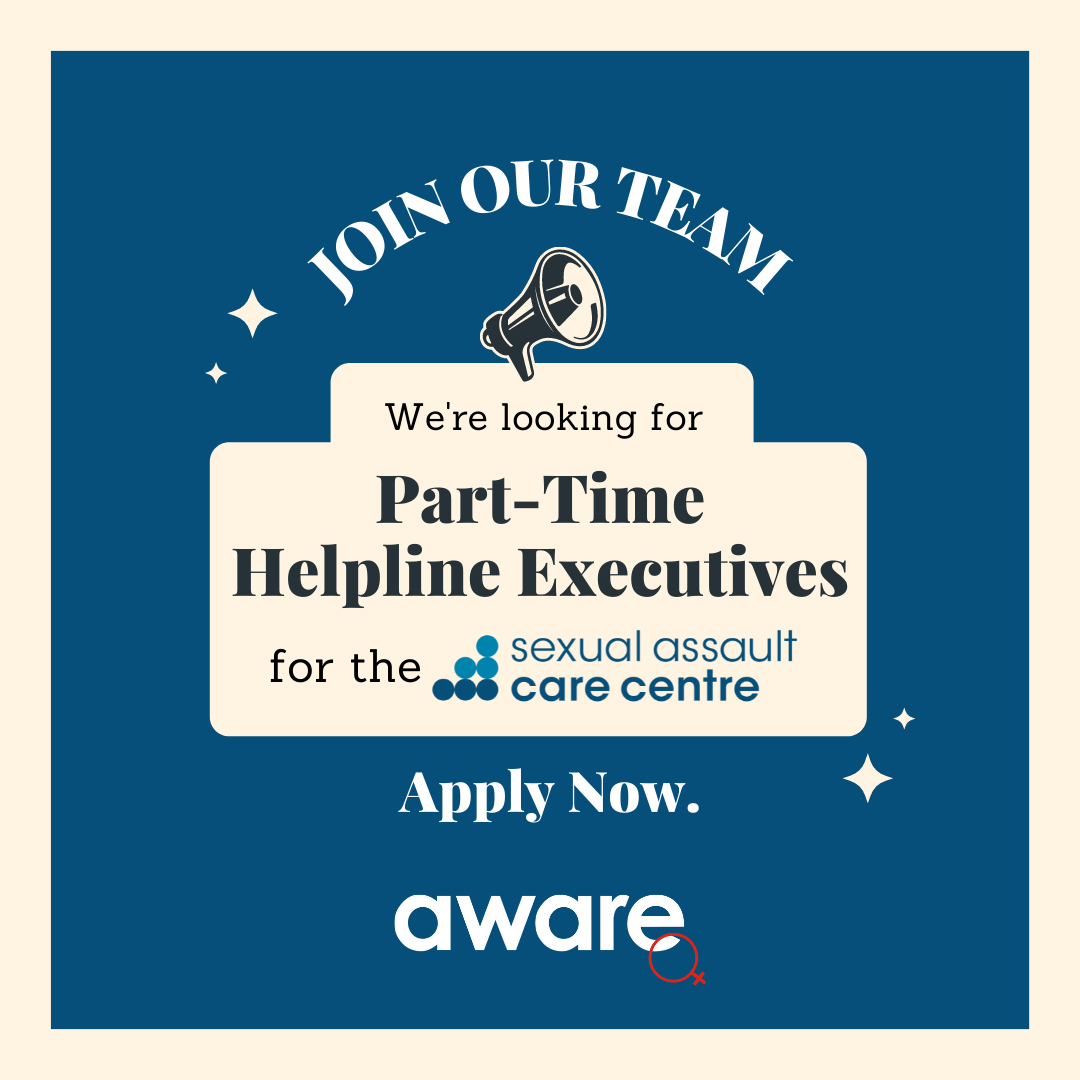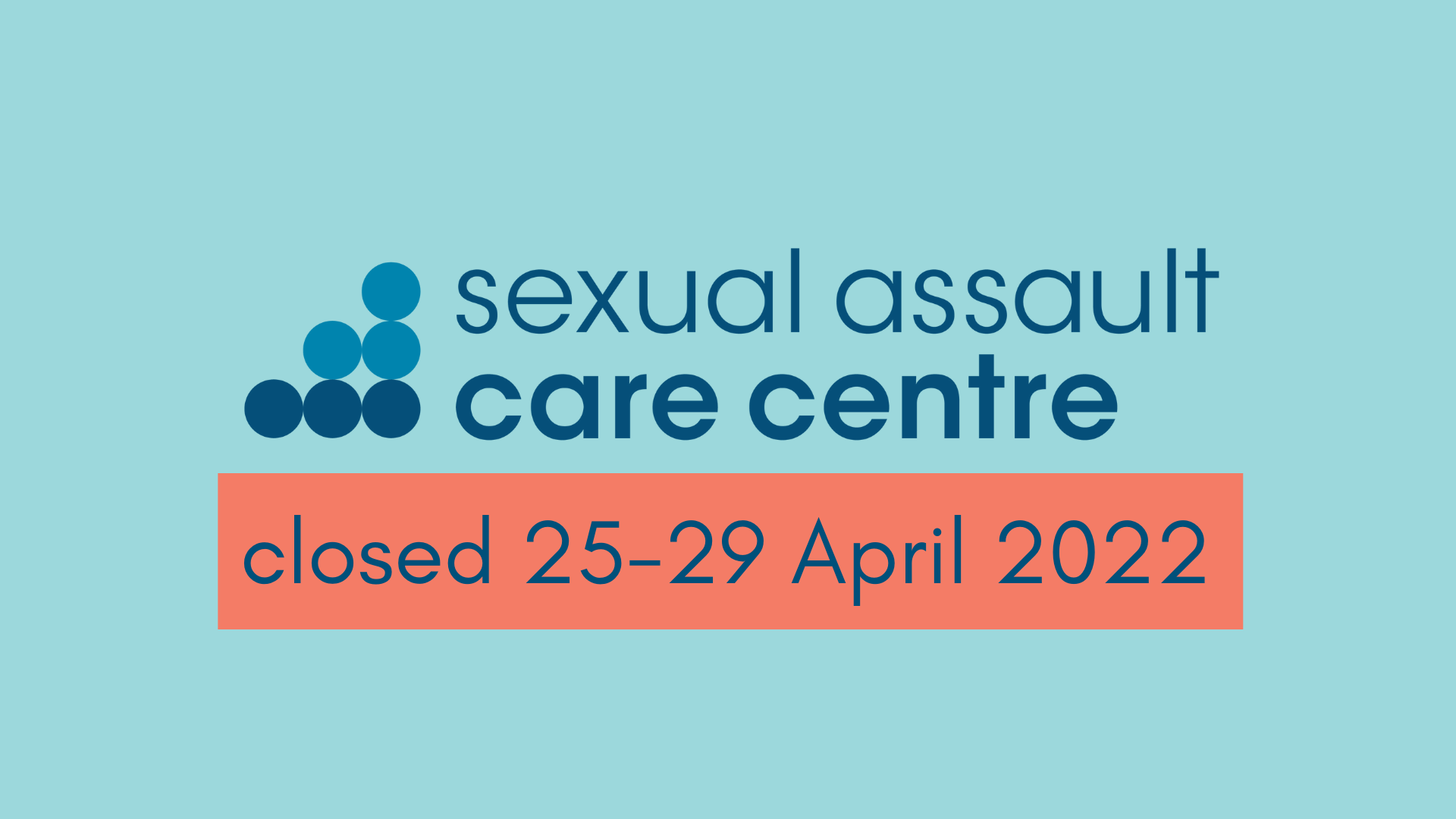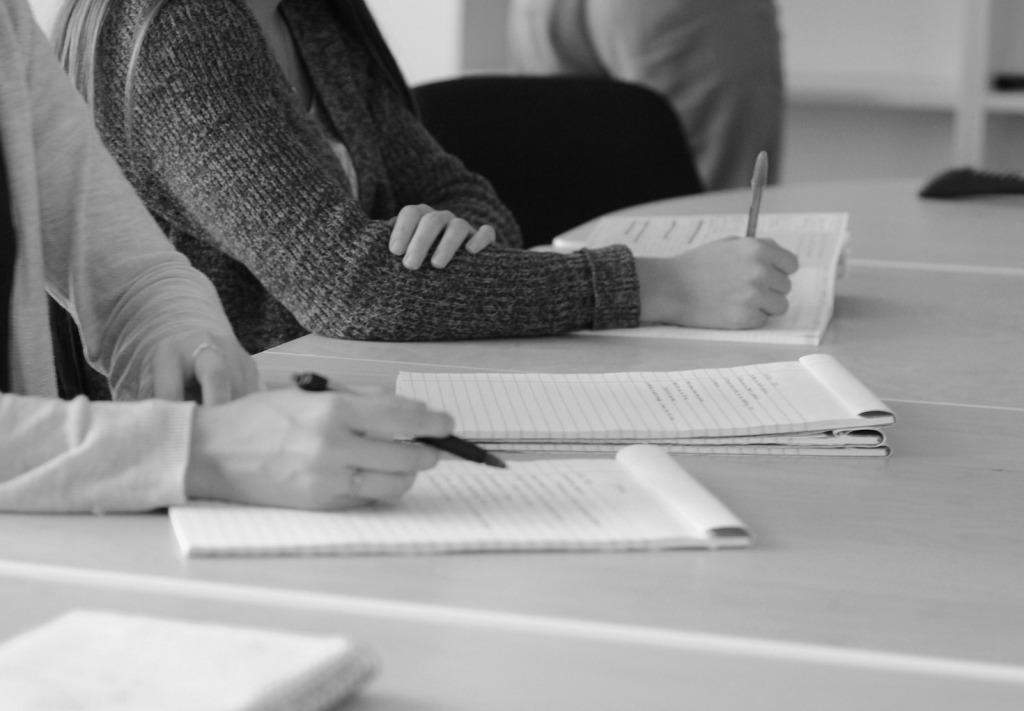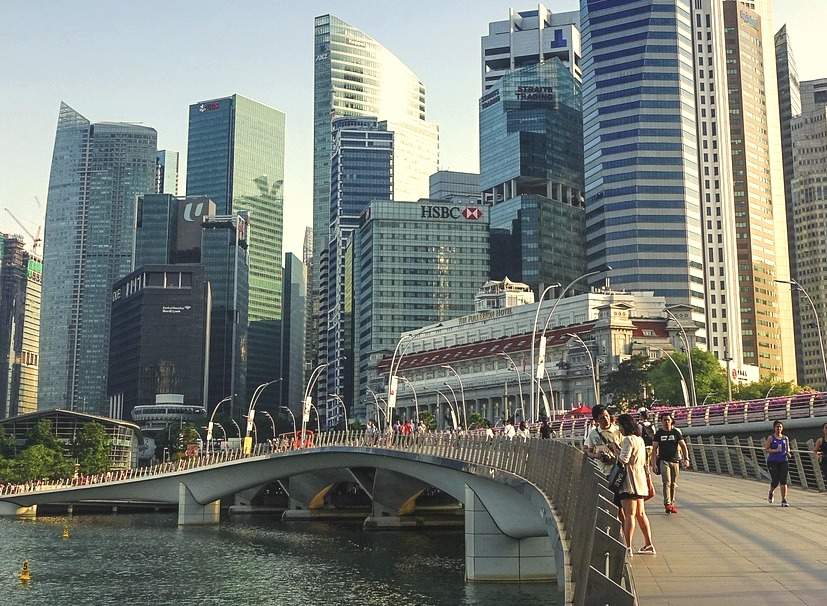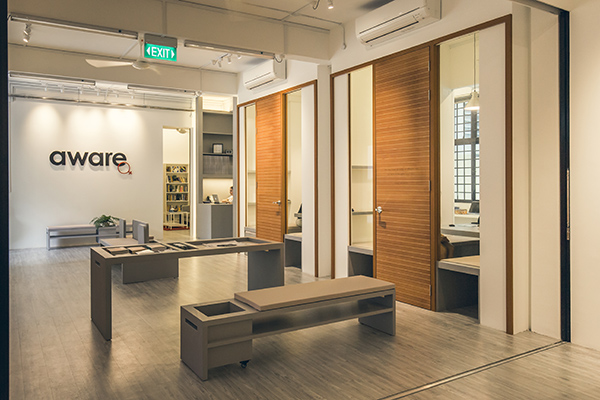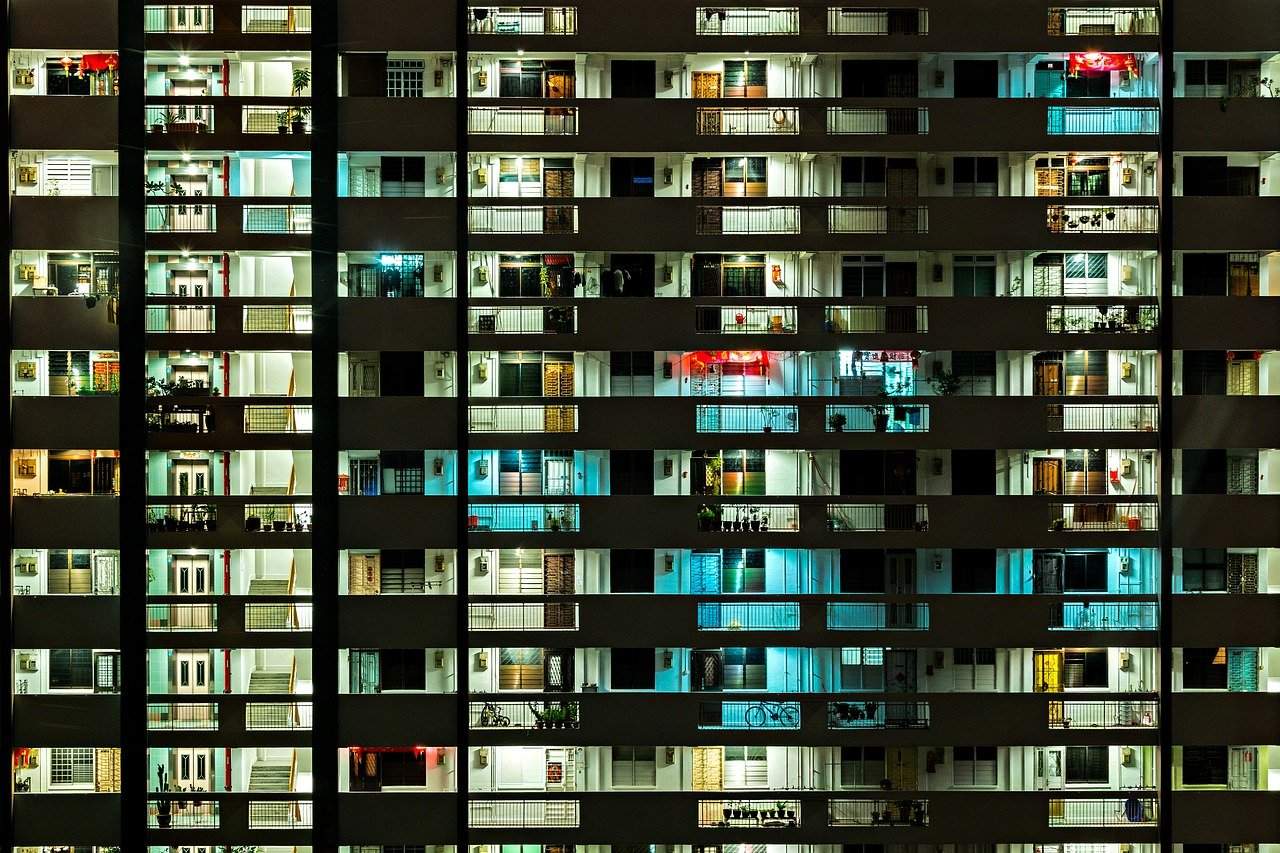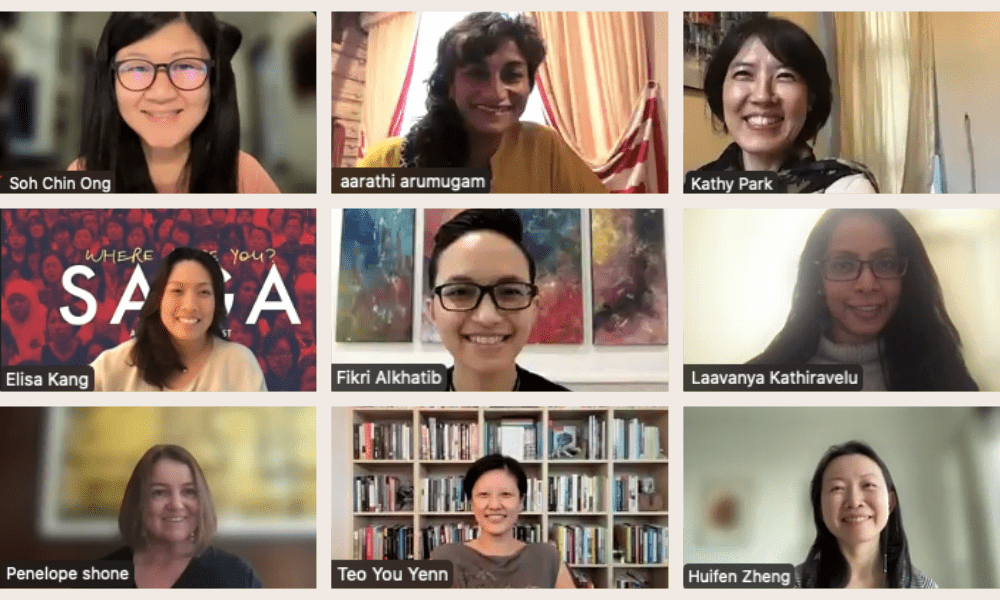
This post was originally published as a press release on 26 April 2022.
On Saturday, 23 April 2022, gender-equality group AWARE held its 37th Annual General Meeting (AGM) and elected a new board for the 2022-2024 term.
The AGM was held over Zoom, marking the third time that AWARE has held a virtual AGM, after the Covid-19 pandemic necessitated that 2020 and 2021 editions also take place via video-conferencing. The meeting was attended by 87 AWARE members, including both ordinary members (Singaporean women) and associate members (men, non-binary individuals and non-Singaporeans).
During the board election, Ong Soh Chin ran unopposed for her first term as AWARE President, succeeding 2018-2022 President Margaret Thomas. A former AWARE board member herself, Ms Ong is a veteran journalist and editor with over 30 years of experience in the industry, covering arts, entertainment, fashion, beauty, lifestyle, politics and current affairs. After a long career at The Straits Times, Ms Ong headed communications and editorial departments at Netflix, Institute of Policy Studies and Shell. She is now an editorial and PR consultant.
“I’m absolutely delighted to welcome Soh Chin as the next AWARE President,” said Ms Thomas, a founding member of AWARE. “Having known and worked with her for years, I’m well-acquainted with her extraordinary energy, level-headed judgement and abiding passion for gender issues. She has already contributed so much in her time with AWARE and I look forward to the new heights she is set to scale.”
“It is a great honour to take the helm of an organisation that has made such an indelible impact on Singapore society,” said Ms Ong. “The next two years will be a critical period for AWARE. With the White Paper on Singapore Women’s Development, Singapore is entering an exciting new chapter in its journey to gender equality. There is much to be done and I look forward to starting that work with AWARE staff, volunteers, partners and supporters, as well as my inspiring fellow board members.”
Incumbent AWARE Treasurer Aarathi Arumugam retained her position on the board. The other seven positions were contested, and the successful candidates were: Elisa Kang, Fikri Alkhatib, Kathy Park (named Assistant Treasurer), Laavanya Kathiravelu, Penelope Shone, Teo You Yenn and Zheng Huifen. Immediate Past President Margaret Thomas rounds out the board. While most of the 2022-2024 board have served at least one previous term, three members—Fikri Alkhatib, Kathy Park and Laavanya Kathiravelu—are newcomers to the AWARE board. At 29, Fikri Alkhatib is also AWARE’s youngest-ever board member since the organisation instituted a board in 2010.
Further assignment of board positions (1st and 2nd Vice President and Secretary) will take place at the new board’s first meeting in May. The election was preceded by a “Meet the Candidates” session on 18 April, where all 10 candidates introduced themselves to the wider membership and took questions.
“Board diversity has been an increasingly prominent part of the conversation on equality in Singapore,” noted AWARE Executive Director Corinna Lim. “Like any organisation, we need our board to be as forward-thinking, dynamic and inclusive as possible. I’m excited therefore that the new AWARE board features not just ethnic diversity, but age diversity—with members in their 20s and their 70s—and a range of professional experience, with individuals from academia, civil service, law and different corporate environments. It goes to show how indispensible feminist ideas and spaces are to women of all generations and backgrounds in Singapore. The breadth of AWARE’s efforts is made possible by the rich, multifaceted vision of our leadership.”
Annex
AWARE Board 2022-2024: Positions and Biographies
President: Ong Soh Chin is an editorial and PR consultant. Previously, she was Southeast Asia PR Director at Netflix, overseeing Publicity and Communications for Southeast Asia. Soh Chin has also served as Deputy Director, External Relations and Strategic Planning at the Institute of Policy Studies, as well as Asia-Pacific Editor and Speechwriter with the global editorial team at Shell. A veteran journalist and editor who has covered the arts, entertainment, fashion, beauty, lifestyle, politics and current affairs in her career, she worked on different desks at The Straits Times, where she wrote regularly about women’s rights and gender equality. She is currently pursuing a part-time postgraduate diploma in Counselling Psychology.
Treasurer: Aarathi Arumugam is an entrepreneur whose career trajectory has taken her along different paths, from corporations to volunteer organisations to start-ups. Since becoming a member in 2009, Aarathi has volunteered with AWARE as a trainer, educating and raising awareness about workplace sexual harassment and comprehensive sexuality education. In 2019, she also conceptualised and executed a series of events called Kitchen Movements, to raise awareness and funds for a women’s charity in Singapore. Aarathi also currently serves as Daughters Of Tomorrow’s Financial Controller.
Assistant Treasurer: Kathy Park is President at CooperVision, spearheading Asia-Pacific business for the optical company. She has worked for various companies, such as Essilor and Johnson & Johnson, with a mission of improving people’s lives by improving their vision. She has played an active role in organising and advocating for women leadership at the workplace. With her experience leading a global company and serving on corporate boards, she is excited to be part of bigger changes to come in the landscape of gender equality.
Board Members:
Elisa Kang spent 13 years in wealth management advising clients on asset allocation and impact investments, before pursuing a Master’s in Counselling at Monash University in 2014. From 2016-18, Elisa worked as a part-time counsellor at Singapore Management University. She began her involvement in gender justice in 2007, volunteering in a microfinance consultancy in India and an NGO fighting violence against women and trafficking in Nepal. Elisa has been involved with AWARE since 2016: as a trainer with Catalyse, a counsellor, a volunteer Helpliner and a project manager for the Women’s Helpline expansion.
Fikri Alkhatib has been an AWARE member since 2012 and has volunteered on a number of advocacy and research initiatives, including the We Can! campaign to end violence against women and the Women’s Action website for SG50. She has a Masters in Sociology from Columbia University and is a former Public Service Commission scholar. Fikri recently left the civil service for a career in the non-profit sector.
Laavanya Kathiravelu is Associate Professor in the School of Social Sciences at Nanyang Technological University. Her research sits at the intersections of international migration, race and ethnic studies and contemporary urban diversity, particularly in Asia and the Persian Gulf. Her first book was Migrant Dubai (2016), which interrogated the experiences of low-wage migrant workers in the emirate of Dubai. She has also published widely on issues of race, inequality and migration in Singapore. Prior to joining NTU, she was a postdoctoral fellow at the Max Planck Institute for the Study of Religious and Ethnic Diversity. She was also a Fung Fellow at Princeton University between 2015-16. Laavanya is a board member of migrant welfare organisation HOME. In 2022, she is a Fulbright Scholar based at the City University of New York.
Penelope Shone was born in New Zealand. She has been a resident of Singapore since 1985, and an AWARE member for 20 years. Her career has unfolded in both the public and private sectors. Most recently, she led international public affairs and communications for General Electric across 150 countries. Prior to that, she was a managing director at Citigroup for 12 years, leading the company’s public affairs, communications and citizenship strategies across Asia Pacific. This included the supervision of 20,000 volunteers and $18 million in annual grants to NGOs.
Teo You Yenn has been a member and volunteer at AWARE since 2004. She is a sociologist whose research and teaching focus on poverty and inequality, governance and state-society dynamics, gender and class. She is the author of Neoliberal Morality in Singapore: How family policies make state and society (Routledge, 2011) and This Is What Inequality Looks Like (Ethos Books, 2018). She is one of the founding editors of AcademiaSG, a platform that promotes scholarship on Singapore and publicly engaged research.
Zheng Huifen has been an AWARE member since 2009 and is now a life member. She has volunteered with AWARE in various capacities, including the legal clinic, Helpliner training in Mandarin and updates to AWARE’s Constitution. Apart from AWARE, Huifen was a committee member of the Humanist Society (Singapore) between 2012 and 2017. At HSS, she helped to create a safe space for people identifying as atheist, agnostic, freethinking or secular. A corporate lawyer with a technology and payments focus, Huifen is also a founding member of the pro bono arm of the Association of Corporate Counsel in Singapore.





